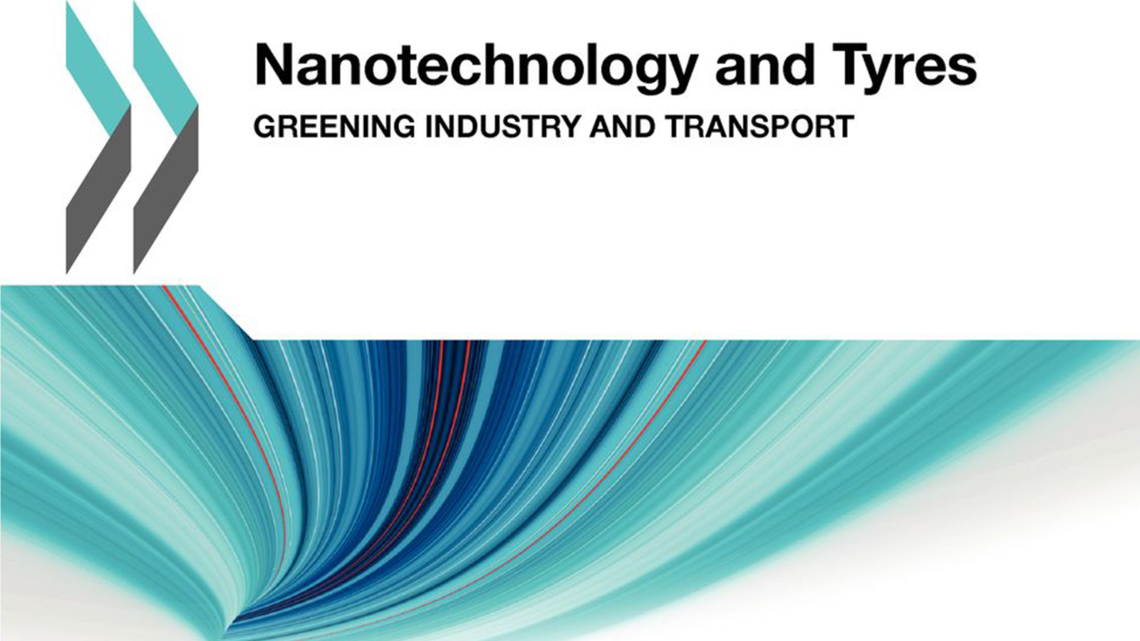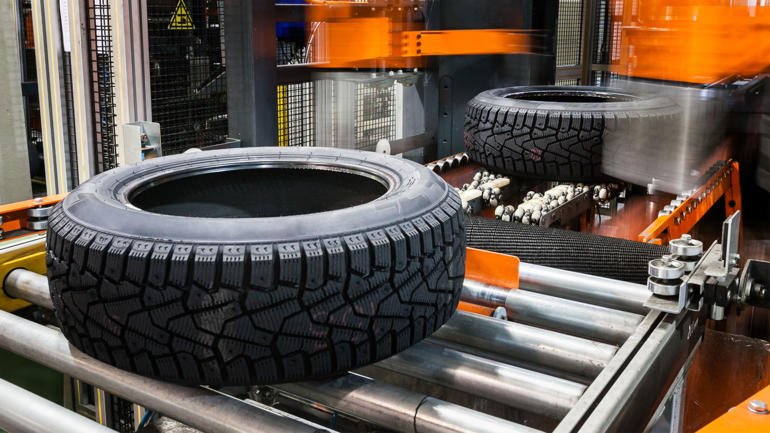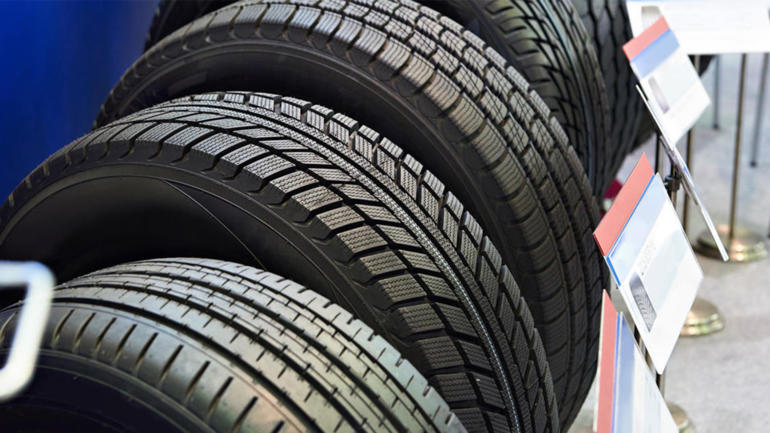Geneva, 4 August 2014: the use of new nanomaterials in tyre production could help foster the sustainability of the tyre industry and reduce the environmental impact of vehicles, if the potential environmental, health and safety risks of the technology are managed carefully.
WBCSD welcomes the OECD report entitled Nanotechnology and Tyres: Greening Industry and Transport, which highlights the potential of new nanomaterials whilst analysing the challenges for their safe and sustainable introduction in the tyre industry. The report was originally proposed to OECD and supported by the Business and Industry Advisor Committee to the OECD (BIAC) through the Tire Industry Project (TIP) of the World Business Council for Sustainable Development (WBCSD).
New nanomaterials offer promising avenues for future innovation, which can contribute to the sustainability and resource efficiency of the tyre industry and of the transport sector. They have the potential to decrease tyre rolling resistance (improving fuel consumption and CO2 emissions) and lower wear resistance (increasing tyre lifetime) while maintaining wet grip and existing safety levels.
Yet, there is need for a supporting framework and relevant tools to guide decision making in assessing the economic, social and ecological impacts of the introduction of new nanomaterials in tyre production. In particular, the development of industry-specific guidance to assess the environmental, health and safety risks at various stages of products’ development is critical. The report provides a risk management framework to enable site-specific or company-specific assessments and the development of risk management strategies for usingnanomaterials as additives in tyres.
It also provides insights into: the status of nanotechnology innovation and the drivers of innovation in the tyreindustry; the economic and social costs as well as benefits of using nanotechnology in tyres; the safe use of newnanomaterials at all stages of their life cycles; the identification of the tools and frameworks supporting decision making at various stages of product development; and the facilitation of outreach and knowledge transfer on the safe use of new nanomaterials.
The report calls for policy action to support research and the commercialization of nanotechnology research results for fostering responsible innovation in the tyre sector. Finally, it emphasizes the importance of collaboration between governments and industry to address the specific challenges raised by the introduction of new nanomaterials in different industry sectors.
Philippe Fonta, Managing Director of the WBCSD’s TIP project said: “Having such a respectful institution as the OECD, concluding a two-year multi-partite project by, on the one hand, highlighting the potential of new nanomaterials on the sustainability of the tyre industry and on the other hand, providing a guidance for risk assessment for the use of nanotechnology in our sector, is a great achievement that we welcome. It sets the basis for the safe and responsible introduction of these promising technologies while taking full consideration of their socio-economic and environmental impacts”.








